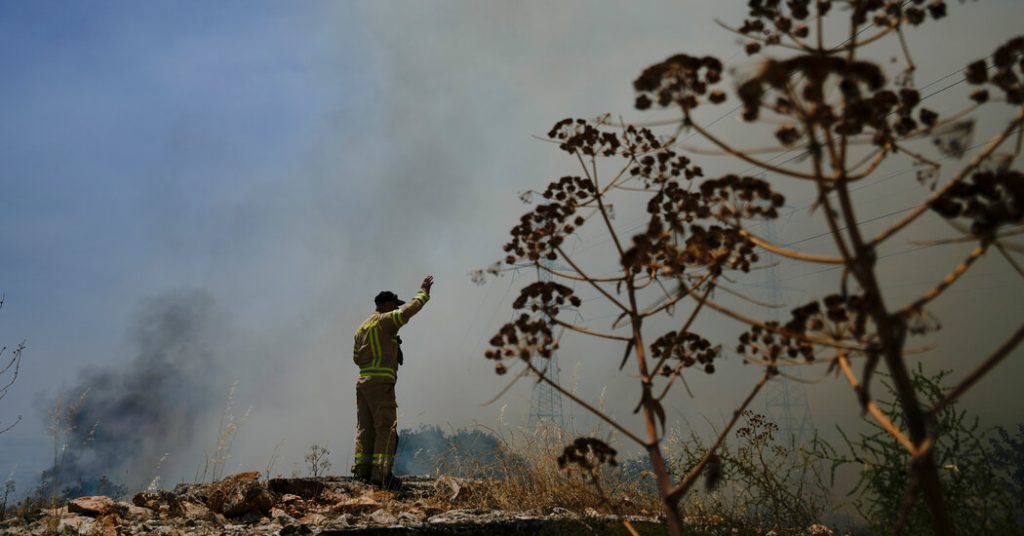After Hezbollah launched rockets into northern Israel, causing extensive fires, it became clear that the ongoing conflict in Gaza has serious implications for the northern border as well. The situation could quickly escalate into a full-scale war between Israel and Hezbollah without a cease-fire. In October, Hezbollah joined the conflict by firing on Israeli positions in the Golan Heights, leading to a cycle of daily exchanges of missiles, drones, and rocket fire. The group has declared its attacks will continue as long as hostilities in Gaza persist.
As a result of the conflict, more than 60,000 Israelis living near the Lebanese border were evacuated, leaving the area abandoned and vulnerable to Hezbollah attacks. While the mass evacuation prevented civilian casualties, it has had severe consequences for those displaced, as many remain uncertain about when they can return home. The lack of a timeline or plan from the government has left many in economic distress and with no idea when they can resume their lives. Despite this, Israeli authorities have focused on defeating Hamas in Gaza, overlooking Hezbollah’s more potent arsenal and increasing sophistication in attacks.
Hezbollah’s advances in technology and tactics have shown that Israel’s defense and surveillance systems have vulnerabilities, allowing the group to identify and exploit weak spots in Israeli defenses. The group’s use of drones and precision-guided ammunition has resulted in targeted attacks that have killed Israeli soldiers and civilians. While Israeli officials acknowledge the growing danger of a war with Hezbollah, they are also hesitant to engage in a prolonged conflict due to fatigue in the military and the public’s desire for a new government.
With Hezbollah potentially preparing for an all-out war against Israel, the risks of continuing tit-for-tat attacks and escalation are high. The potential for miscalculations on the battlefield and the expanding potency of weapons pose a constant threat of an unintended all-out war. Israeli Prime Minister Benjamin Netanyahu has considered a Gaza cease-fire deal, which could bring peace to the north, relieve military pressure, and open up opportunities for diplomatic relations with Lebanon. Accepting such a deal may prevent further escalation and lay the groundwork for stability in the region.


